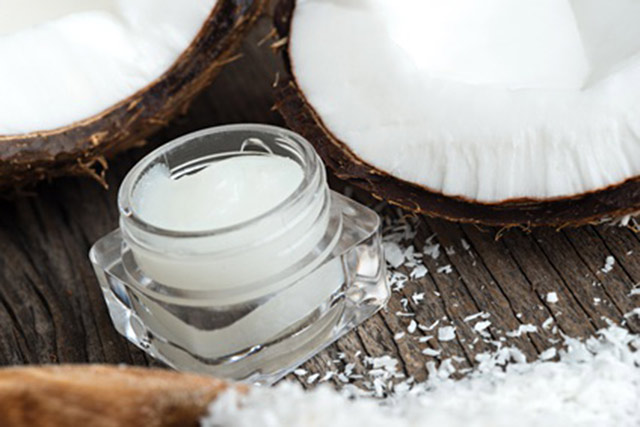Coconut oil fights deadly yeast infections, according to a new and exciting study from researchers at Tufts University.
The study focused on Candida albicans, which is the most common pathogen in human, with a 40% mortality rate when systemic infections occur.
The study abstract provided the following study details:
To simplify, the researchers found that using coconut oil in mice to treat yeast infections was more effective than a beef tallow or soy-rich diet. The coconut oil treatment reduced C. albicans in the intestines by up to 90 percent when compared to a beef tallow diet.
“Coconut oil even reduced fungal colonization when mice were switched from beef tallow to coconut oil, or when mice were fed both beef tallow and coconut oil at the same time. These findings suggest that adding coconut oil to a patient’s existing diet might control the growth of C. albicans in the gut, and possibly decrease the risk of fungal infections caused by C. albicans,” said Kumamoto, Ph.D., a professor of molecular biology and microbiology at Tufts University School of Medicine and member of the molecular microbiology and genetics program faculties at the Sackler School of Graduate Biomedical Sciences.
The study showing that coconut oil fights deadly yeast infections was published in the journal mSphere.
Note: None of the information in our website is intended to diagnose, treat, cure or prevent any illness or disease. The content on our website is for educational purposes only.
DON’T FORGET to sign up for our weekly newsletter to get our latest articles, updates, free recipes and giveaways.
Coconut oil is a potent Alzheimer’s fighter.
One tablespoon of coconut oil provides powerful health effects.
Coconut oil is potent for treating dermatitis.
REFERENCES:
1. “Coconut Oil Fights Deadly Yeast Infections, Study Suggests.” GreenMedInfo.com. GreenMedInfo.com, n.d. Web. 19 Aug. 2016.
2. “Manipulation of Host Diet To Reduce Gastrointestinal Colonization by the Opportunistic Pathogen Candida Albicans.” MSphere. American Society for Microbiology, n.d. Web. 19 Aug. 2016.
3. “Study in Mice Suggests Coconut Oil Can Control Overgrowth of a Fungal Pathogen in GI Tract.” Tufts Now. Tufts University, 17 Nov. 2015. Web. 19 Aug. 2016.

















